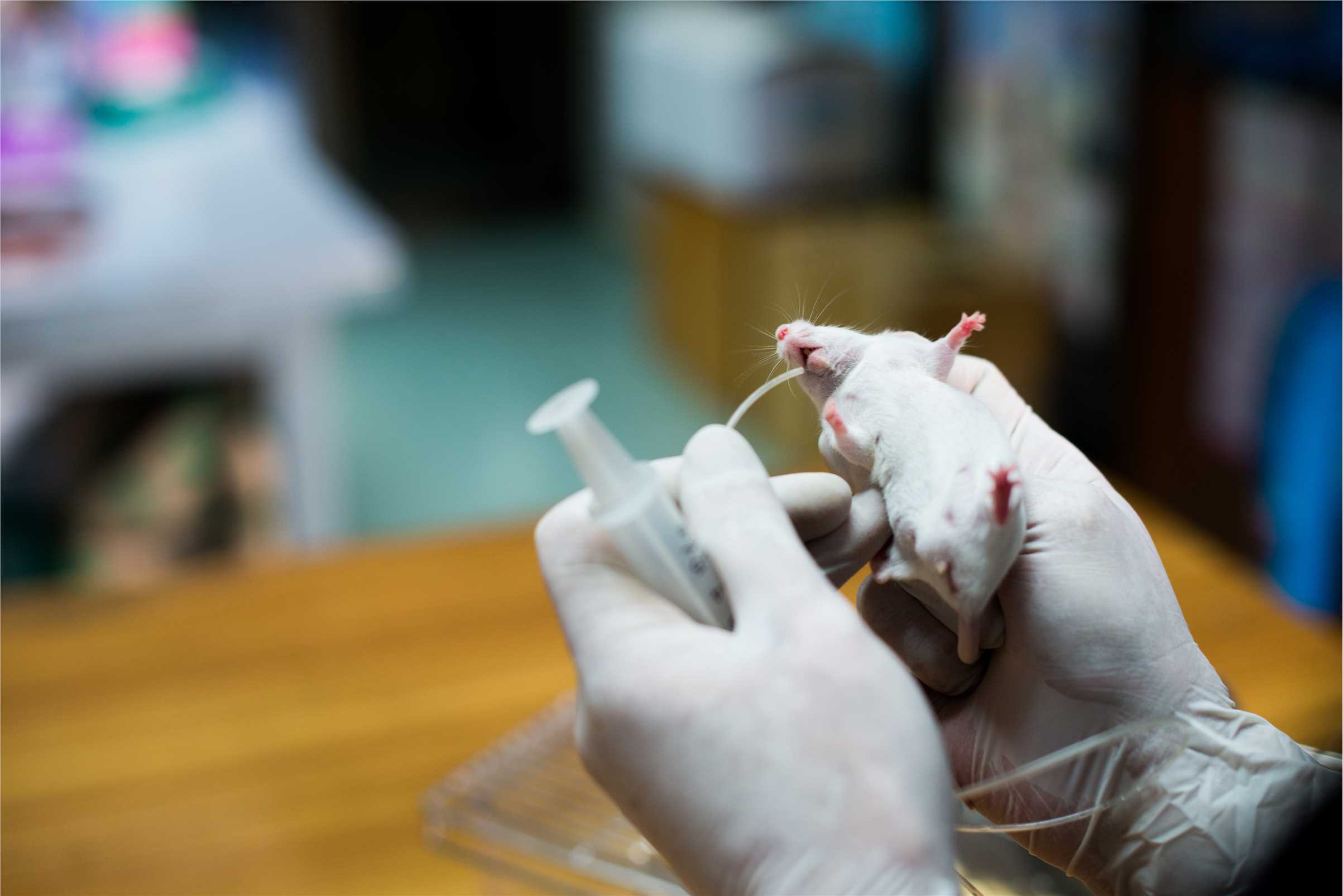The immune checkpoint inhibitors or activators have been a heterogeneous class for tumor treatment in the field of immuno-oncology. As a global company with extensive scientific expertise, Creative Biolabs guides our clients from hit identification to preclinical research for immune checkpoint drug discovery. Now we can provide the animal models to test potential immuno-oncology therapeutics in vivo.
Immunotherapy aims to activate the human immune system, relying on the autoimmune function to kill cancer cells and tumor tissues. In order to obtain accurate data results, an intact immune system is necessary for the animal models to test immune checkpoint inhibitors. The syngeneic mouse models benefit from the successful implantation of tumor cells and access to culture in a lab setting. However, compared with the human patients, the syngeneic mouse models are always limited with the available tumor lines and the difference between mouse immune response and human immune response. In this case, humanized immune-checkpoint mice might become a better alternative to get more reliable and dependable results.
 Fig.1 Mouse models for immune checkpoint drug discovery.
Fig.1 Mouse models for immune checkpoint drug discovery.
As the most classical animal model, mouse models have been widely used in various fields. However, the murine immune checkpoint genes only share ~60% identity with their human counterparts, which leads to inaccuracy in assessing the in vivo efficacy of human-specific antibodies. In this case, Creative Biolabs has designed and developed a series of humanized mouse models in which the mouse immune checkpoint genes are replaced by their human counterparts.
In order to further meet the customer's project needs, we have generated both single-targeted ICP mouse models and double-targeted ICP mouse models. The single-targeted ICP mouse models include PD-1, CTLA-4, VISTA, OX40, GITR, LIGHT, CD28, CD39, etc. The double-targeted ICP mouse models contain PD-1 & TIM3, PD-1 & VISTA, PD-1 & CTLA-4, CTLA-4 & LAG3, GITR & Foxp3, etc.
Creative Biolabs offers a suite of custom animal model development services to address the ever-changing preclinical research of the immune checkpoint inhibitor discovery. If you are interested in our services, please do not hesitate to contact us for more details.
All listed customized services & products are for research use only, not intended for pharmaceutical, diagnostic, therapeutic, or any in vivo human use.
USA
Tel:
Fax:
Email:
Copyright © 2026 Creative Biolabs. All Rights Reserved.